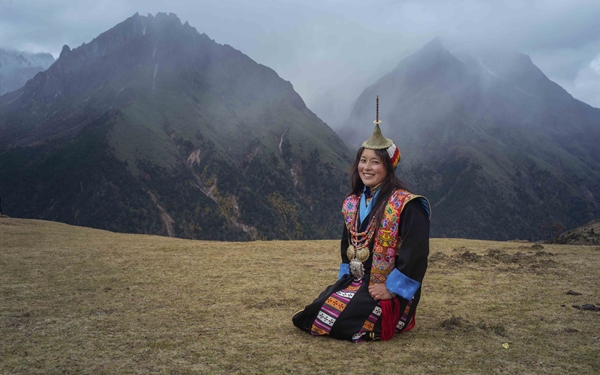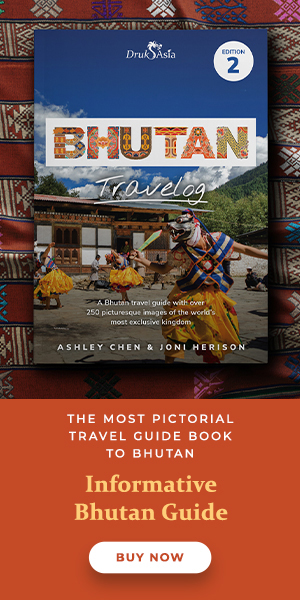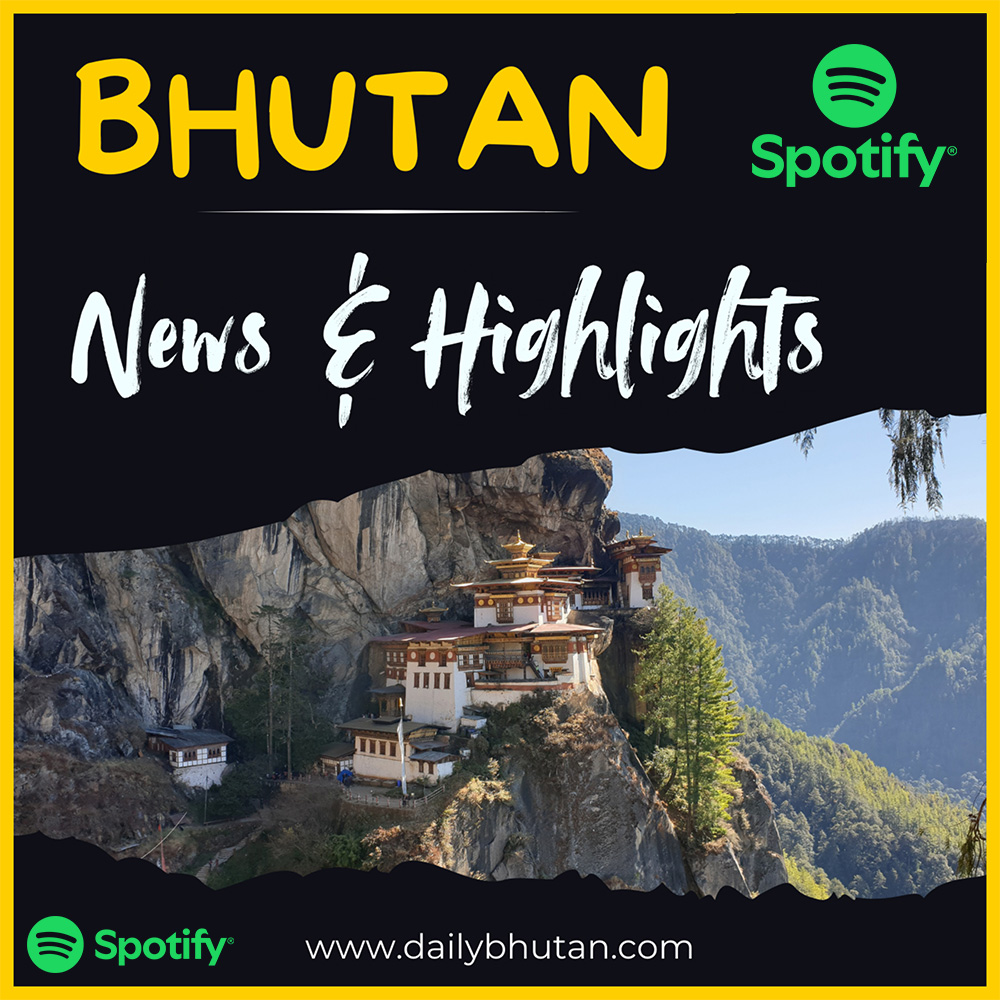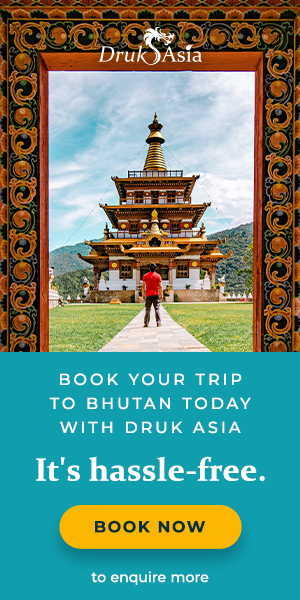Impact of Regional Tourists on Bhutan’s Tourism Policy
Regional tourists, especially from the South Asian Association for Regional Cooperation (SAARC) countries do not have to pay the USD 200 to 265 a day but just the minimum arrival visa fee.
 Royal Highlands of Laya.
(Source: www.drukasia.com)
Royal Highlands of Laya.
(Source: www.drukasia.com)
Bhutan is a small landlocked country, which thrives on tourism as one of the biggest revenue earners after the sector of hydropower. The tourism industry is also one of the fastest-growing sectors in the country.
As the tourism industry grows, there is a need for strong regulation and policy concerning regional tourists, as it might affect the tourism policy of high-value low impact.
Regional tourists, especially from the South Asian Association for Regional Cooperation (SAARC) countries do not have to pay the USD 200 to 265 a day but just the minimum arrival visa fee.
Consequences of regional tourism
These regional tourists visit the country unguided and drive their own vehicles without any restrictions in any part of the country. They carry their own rations and picnic around the country, often dirtying the places.
The tour operators also say that with the increasing number of regional tourists, the quality of services rendered to the high-end tourists is deteriorating.
When tourism was first started in Bhutan in 1974, the number of international tourists were high. However, in 2015 from the total of 155,000 tourists, 70 percent are regional tourists.
According to a report, tourism registered 16.21 percent growth, which translates to 155,121 arrivals. Of the total number of arrivals, 57,537 were international visitors and 97,584 were from the regional market.
Negative impact of regional tourism
A tour operator, who chose to remain anonymous, said that with the unmanaged restrictions in opening the doors to regional tourism, this could have a negative impact in the future.
"Strong regulation and policy concerning regional tourists should be in place so that the tourism policy of high-value and low-impact would not be affected," he said.
He also said that tourism should be promoted and we should also make sure that it does not have an adverse impact on the stature of Bhutan as a high-end travel destination.
He added that the regional tourist should hire and be accompanied by local professional tour guides.
Another tour operator, Sonam Dorji said that regional tourists driving their own vehicles overcrowd the tourist sites and which not only hampers the business of the tour operators but also causes pollution.
"If the country's tourism policy of high-value and low-impact is to be preserved, there must be some intervention before it is too late," he said.
Bhutan is today counted among the top high-end tourist destinations in the world.
According to the 2016 Bhutan Tourism Monitor report, a total of 146,797 regional tourists visited Bhutan in 2016, of which 138,201 were Indians and 8,596 were Bangladeshis.
Of the total, 69 percent arrives overland and the rest by air.
While international tourism is regulated by a minimum daily tariff mechanism, and a mandatory need to come through a licensed tourist operator route with local guides, regional tourists are exempted from such requirements.
Tour operators agreed that to streamline and regulate regional tourism, all the regional visitors should come through hotels and tour local operators.
Even the parliamentarians discussed the issue in the joint sitting on December 6.
The minister of economic affairs, Lekey Dorji, said that regional tourists have benefitted the hoteliers and handicraft sectors.
Special friendship offers implemented
"With fewer tourists visiting during the lean season, special friendship offers were made to Thailand and Japan in the past and an offer was also provided to South Korea to celebrate 30 years of friendship this year," he said.
He also said that a friendship offer to Australia has also been submitted.
The Tourism Council of Bhutan (TCB) is also working on opening a regional tourism office in the east and central region to facilitate tourism development.
The TCB has already submitted an action plan on the drafting of the tourism policy.
By Chimi Wangmo for Daily Bhutan.




